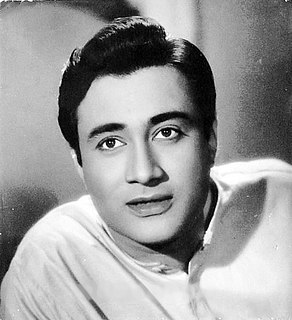A Quote by Thomas P.M. Barnett
The most important thing you need to know about the Pentagon is that it is not in charge of today's wars but rather tomorrow's wars.
Related Quotes
All wars of interference, arising from an officious intrusion into the concerns of other states; all wars of ambition, carried on for the purposes of aggrandizement; and all wars of aggression, undertaken for the purpose of forcing an assent to this or that set of religious opinions; all such wars are criminal in their very outset, and have hypocrisy for their common base.
We have a war on women, race wars. Income wars, age wars, religious wars, anything you can imagine. A house divided against itself cannot stand it. And it's going to be up to us, to people, to begin the focus on the positive things, on the things that we have in common and stop listening to those who are stoking the fires of division.
There are no good wars or bad wars. The only thing bad about a war is
to lose it. All wars have been fought for a so-called good Cause on both
sides. But only the victor's Cause becomes history's Noble Cause. It's not a
matter of who is right or who is wrong, it's a matter of who has the best
generals and the better army!



































